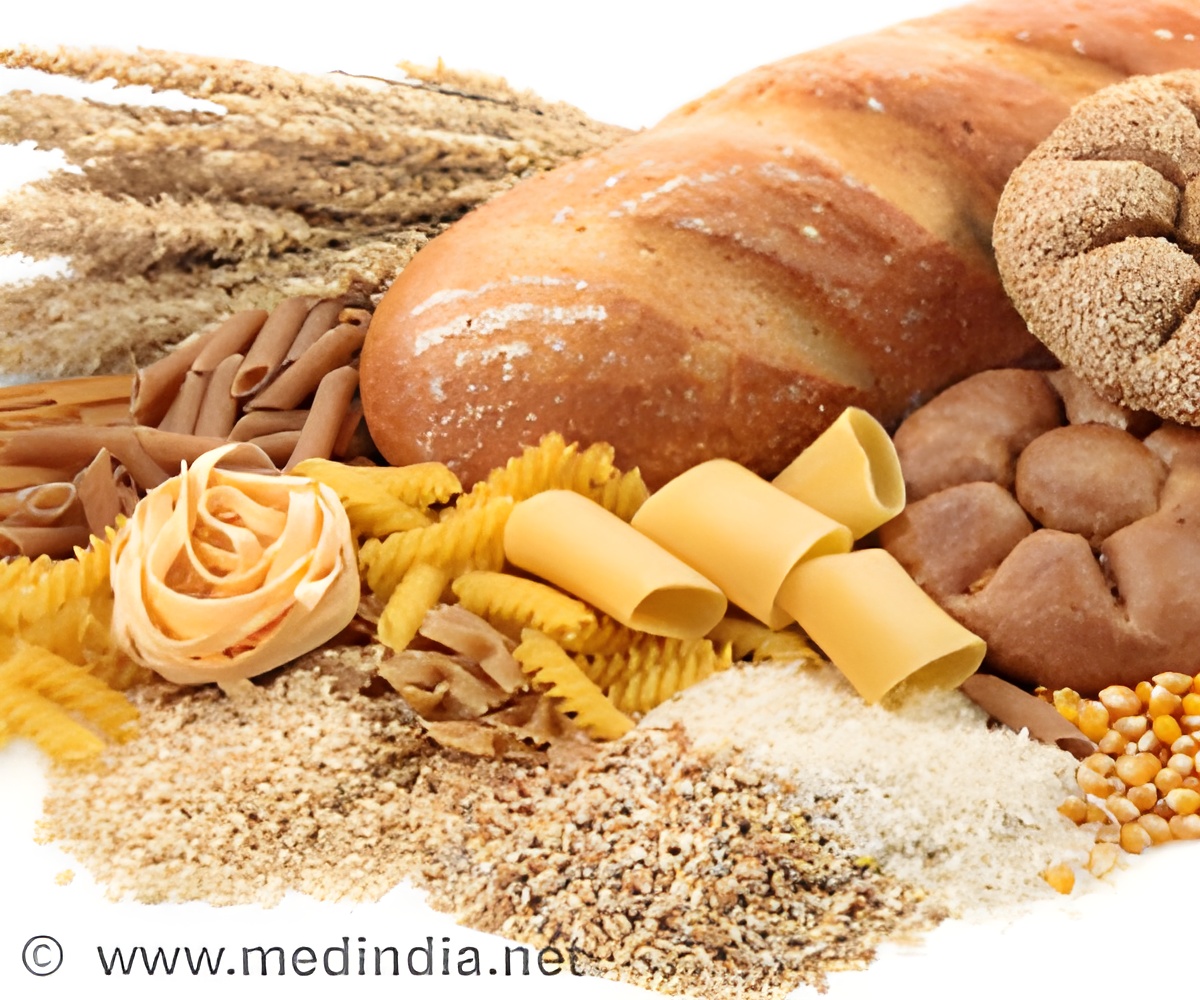Minimal nuclear war could have serious consequences beyond the region that is fatally hit. It might lead to global cooling that extensively reduces agricultural production in the world's central breadbasket regions.

‘As horrible as the direct effects of nuclear weapons would be, more people could die outside the target areas due to famine, simply because of indirect climatic effects," says co-author Alan Robock at Rutgers University.’





It would not undo long-term climate change from fossil fuels use, though - after about a decade of cooling, global warming would surge again.
"We now know that nuclear conflict would not just be a terrible tragedy in the region where it happens - it is also an underestimated risk for global food security," says Jonas Jaegermeyr at the Potsdam Institute for Climate Impact Research, the NASA Goddard Institute for Space Studies, and the University of Chicago; lead author of the study now published in the Proceedings of the National Academy of Sciences. "We find severe losses in agricultural production, but importantly we also evaluate trade repercussions affecting local food availability. It turns out that major breadbasket regions would cut exports leaving countries worldwide short of supplies. A regional crisis would become global because we all depend on the same climate system."
Soot from fires ignited by the bombs would partially block sunlight
As an example for regional conflict, the scientists studied the implications of a limited nuclear war between India and Pakistan using less than 1 percent of the worldwide nuclear arsenal. Fires ignited by the bombs would send large amounts of soot high up into the atmosphere where winds would rapidly distribute it around the globe.
These particles would partially block sunlight from reaching the Earth’s surface, causing sudden cooling and changing weather patterns. For the injection of 5 million tons of smoke, climate models calculated global mean temperature drops of about 1.8 degrees Celsius (3.2 Fahrenheit degrees) and precipitation declines of 8 percent for at least five years - pushing Earth into a state substantially colder and drier.
Advertisement
In the first year after the war, domestic reserves and global trade could largely buffer the food production loss, the researchers now show. By year four, grain stocks would virtually be depleted and the international trade systems would come to a halt.
Advertisement
"This is a surprisingly sharp response in view of the much larger conflict scenarios imaginable when it comes to nuclear war," says Jaegermeyr. "More people could die outside the target areas due to famine"
"As horrible as the direct effects of nuclear weapons would be, more people could die outside the target areas due to famine, simply because of indirect climatic effects," says co-author Alan Robock at Rutgers University. "Nuclear proliferation continues, and there is a de facto nuclear arms race in South Asia.
Investigating the global impacts of a nuclear war is therefore - unfortunately - not at all a Cold War issue."
The authors exclude India and Pakistan from their analyses, in order to avoid arbitrary assumptions when mixing up the direct and indirect effects of war. Under the assumption that food production in the two countries would drop essentially to zero, indirect global food shortages would be even worse. While the two countries’ nuclear arsenals continue to grow both in number and weapon size, this study used the lower end of potential soot emission estimates.
"We ran an ensemble of six leading AgMIP global crop models for this study, and they all agree to a great deal on the signal. This shows how robust the simulations are," says co-author Cynthia Rosenzweig at the NASA Goddard Institute for Space Studies. She’s a veteran pioneer of breakthrough agricultural model intercomparisons (AgMIP) which today are one important part of the larger Impacts Model Intercomparison Project (ISIMIP) coordinated by the Potsdam Institute.
"Comparing different computer simulation models reduces uncertainties. Today, we can say with confidence that such a regional nuclear war would have adverse consequences for global food security for about a decade, unmatched in modern history."
Source-Eurekalert















